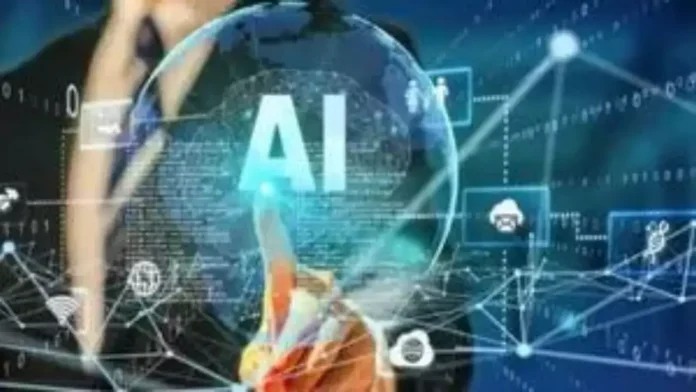Artificial intelligence will never be able to replace doctors according to medical experts. But, AI could speed up diagnosis and surgery, reducing treatment time.
Prof. Andrew Elder, President of the Royal College of Physicians of Edinburgh, said that while AI will never completely replace a doctor’s job, doctors who understand it will have an advantage. He said AI could speed up and simplify medical tasks like diagnosis and surgery, reducing the time needed to treat a patient.
Elder predicted that AI may not play a significant role in disease diagnosis for another two decades, but human judgment will remain in use.
“AI has so many benefits that a doctor who says ‘I am not using AI at all’ will be less effective. Humans versus technology and humans versus technology are too common. Technology should be human “Elder told a news agency and interview.
After 28 years as an NHS consultant in elderly medicine, the 65-year-old believes AI could lead to fewer doctors.
“But I do not see it completely replacing them,” said he.
Elder said, “Some procedures use AI, but most robotic surgeries we’ve heard about don’t…. There are some limited surgical applications, but not many.”
The former medical director of MRCP (UK), who was in Kolkata for a conference, said AI may not be able to judge all situations because it needs experience.
“AI may make some medical tasks more efficient and faster to retrieve data from big databases. I think we’ll have to wait 10–20 years to decide if we’re comfortable using it for diagnosis “said.
“Some procedures use AI, but most robotic surgeries we’ve heard about don’t…. Current surgical applications are limited, but not widespread “said.
Elder cited AI’s COVID-19 vaccine development speed as a drug manufacturing application.
AI has narrowed the list of potentially useful molecules. It helped develop vaccines faster than humans during the COVID-19 pandemic.
“Most people agree that AI did not help the pandemic as much as they thought. He noted that AI diagnostics in the pandemic were weak.
Elder also warned that untrained medical scientists developing AI could threaten healthcare use.
“I think if AI in healthcare is mostly developed by non-medical people, it could go in all kinds of unhelpful directions driven by commercial interests to generate income or lower healthcare costs.
“It’s very important for people who understand patient care and science to be involved in the development,” said.
Conclusion
AI may not replace doctors, but those who understand it will benefit. AI speeds up diagnosis and surgery, reducing patient treatment time. AI may not be used in disease diagnosis for decades. AI may lead to fewer doctors, according to Royal College of Physicians of Edinburgh President Prof Andrew Elder. AI was not as important in drug manufacturing as initially thought, such as COVID-19 vaccine development. Elder also warned that untrained medical scientists developing AI in healthcare could pose risks.



